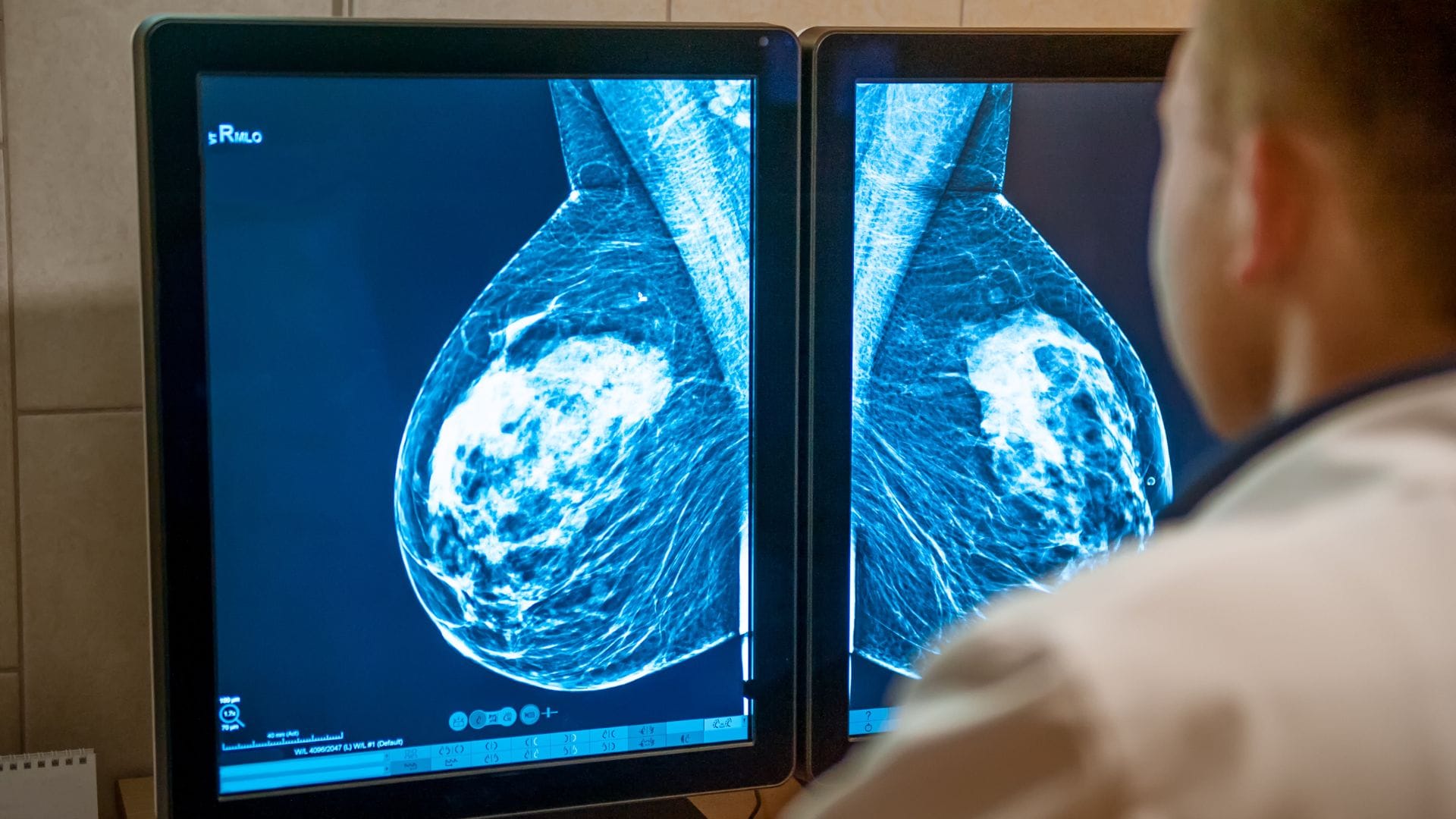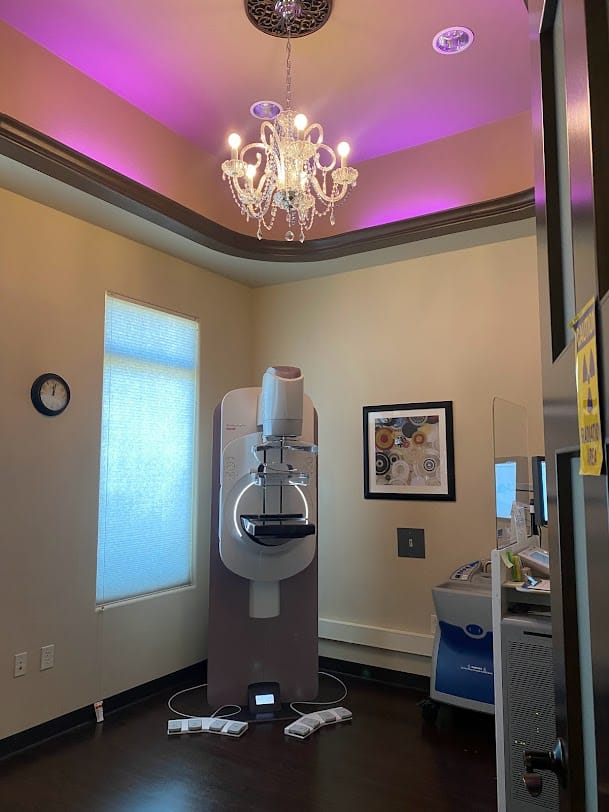Regular mammograms are a key tool in detecting breast cancer early, but understanding the right timing for these screenings can be complex. Here’s a comprehensive guide to help you navigate the current guidelines and make informed decisions about your breast health.
General Recommendations
Ages 40-44:
Women in their 40s should start discussing mammograms with their healthcare providers. Although routine annual screenings are not universally recommended at this stage, it’s important to evaluate your personal risk factors. Factors such as family history of breast cancer, genetic predispositions, and overall health should guide your decision. If you choose to begin screening in this age group, annual mammograms can be beneficial. Regular consultations with your healthcare provider will help you determine the most appropriate schedule for your needs.
Ages 45-54:
For women between the ages of 45 and 54, annual mammograms are generally recommended. This recommendation aims to catch any potential issues early and improve the chances of successful treatment. Regular annual screenings during this decade help monitor breast health and detect any changes that could indicate the presence of breast cancer. Adhering to this schedule is crucial for maintaining early detection and addressing any abnormalities promptly.
Ages 55 and Older:
Women aged 55 and older are advised to continue mammogram screenings every 1-2 years. This recommendation balances the benefits of early detection with the potential risks of frequent screenings. As women age, the likelihood of breast cancer increases, making continued monitoring essential. However, the interval between screenings can be extended to every two years for those who are in good health and have no significant risk factors. Discussing the frequency with your healthcare provider based on your individual health and risk profile will ensure you follow an appropriate screening schedule.
Overall Considerations:
- Personal Risk Factors: Individual health history and genetic predispositions play a significant role in determining the appropriate screening schedule. If you have a family history of breast cancer or genetic markers that increase your risk, your healthcare provider may recommend starting screenings earlier and more frequently.
- Health Changes: Any significant changes in your health or new symptoms should prompt an immediate discussion with your doctor, regardless of your scheduled screening interval.
- Screening Benefits: Regular mammograms are crucial for early detection of breast cancer, allowing for more effective treatment options and better outcomes.
Staying informed and proactive about your mammogram schedule is key to maintaining optimal breast health. Regular discussions with your healthcare provider will help tailor a screening plan that meets your specific needs and risk factors.
High-Risk Individuals
If you have a higher risk of breast cancer—such as a family history of the disease, known genetic mutations (like BRCA1 or BRCA2), or previous breast issues—you may need to start screening earlier and more frequently. Your healthcare provider can help create a tailored screening plan based on these factors.
Understanding the Procedure
A mammogram involves taking X-ray images of the breast, which are then examined for signs of abnormalities. During the procedure, your breasts will be gently compressed between two plates to get clear images. While this compression might cause temporary discomfort, the process is quick and typically lasts about 20 minutes.
Importance of Regular Screenings
Regular mammograms are essential for early detection of breast cancer, which significantly improves the likelihood of successful treatment. Even if you are asymptomatic, routine screenings can catch issues before they develop into more serious conditions.
Personalized Screening Plans
Your healthcare provider will consider your personal health history, risk factors, and overall health when recommending a screening schedule. It’s important to discuss any concerns or symptoms with your doctor to ensure you follow a screening plan that is right for you.
Conclusion
Staying informed about when to get mammograms and adhering to recommended guidelines can play a crucial role in maintaining breast health. Regular screenings, as advised by your healthcare provider, are a proactive step in the early detection of breast cancer.
For more detailed information about mammograms and personalized health advice, contact us today at Eve’s Breast Center located at 630 E State Hwy 114, Southlake, TX 76092. Your proactive approach to screening can make a significant difference in your overall health and well-being.


